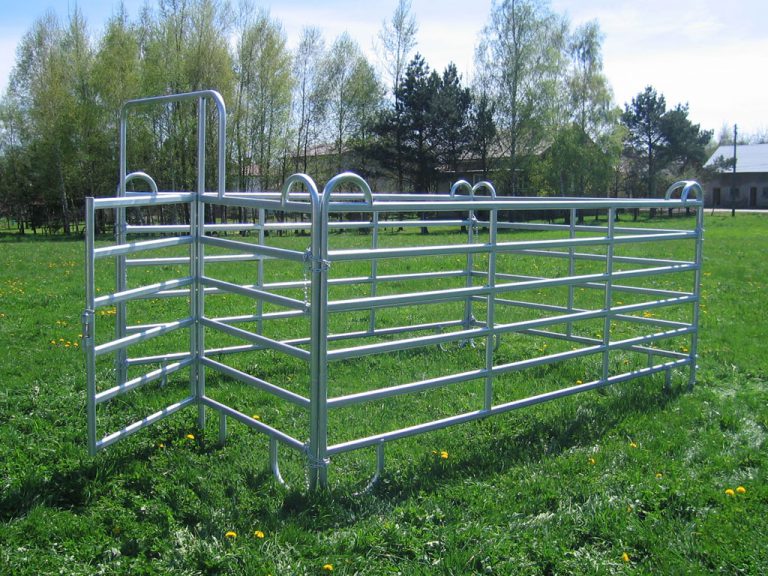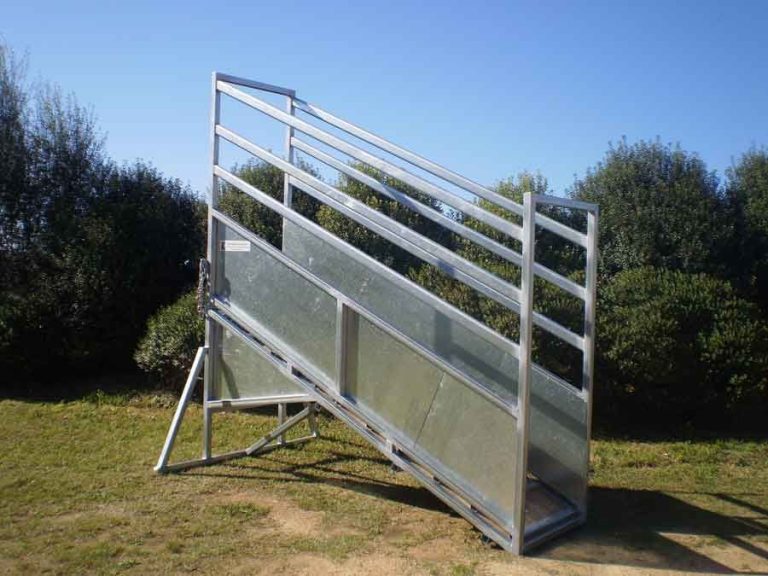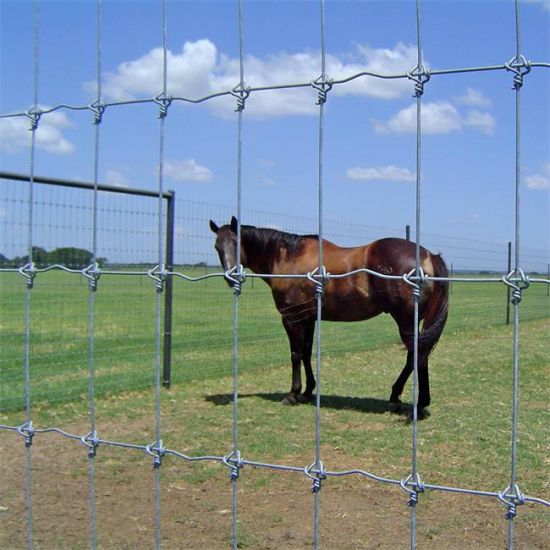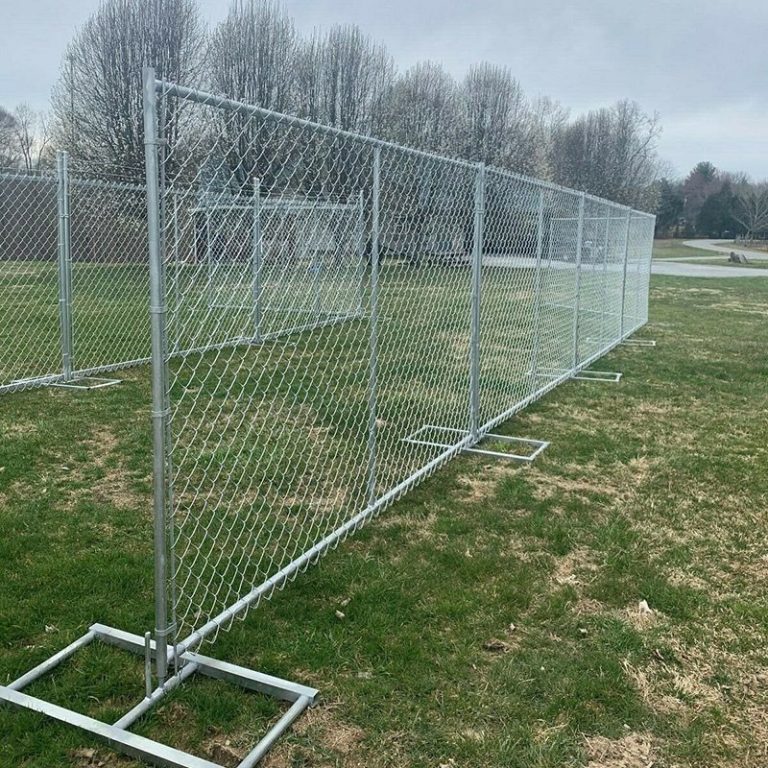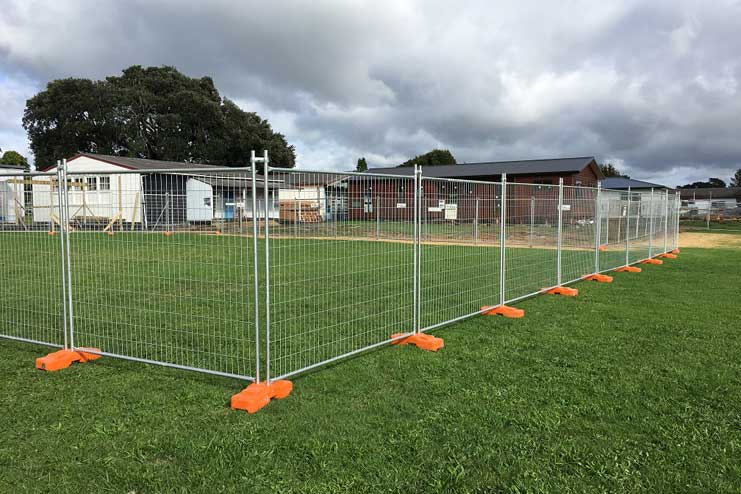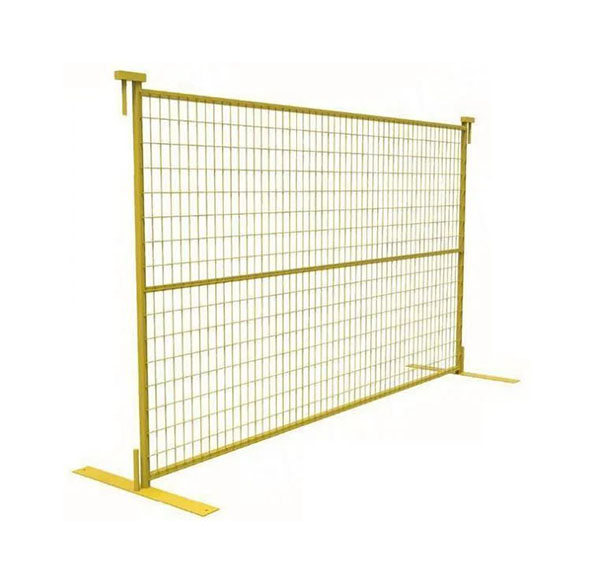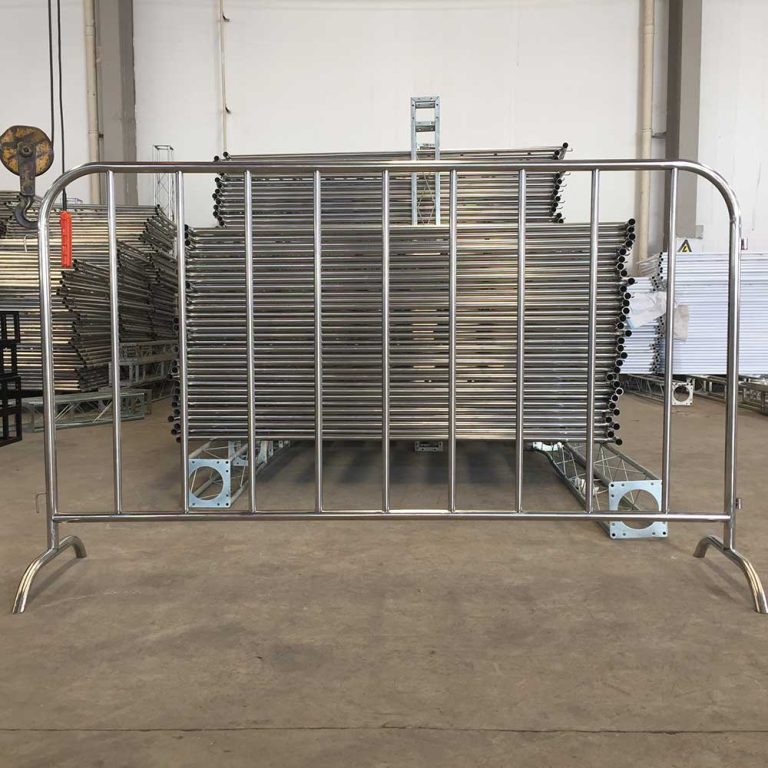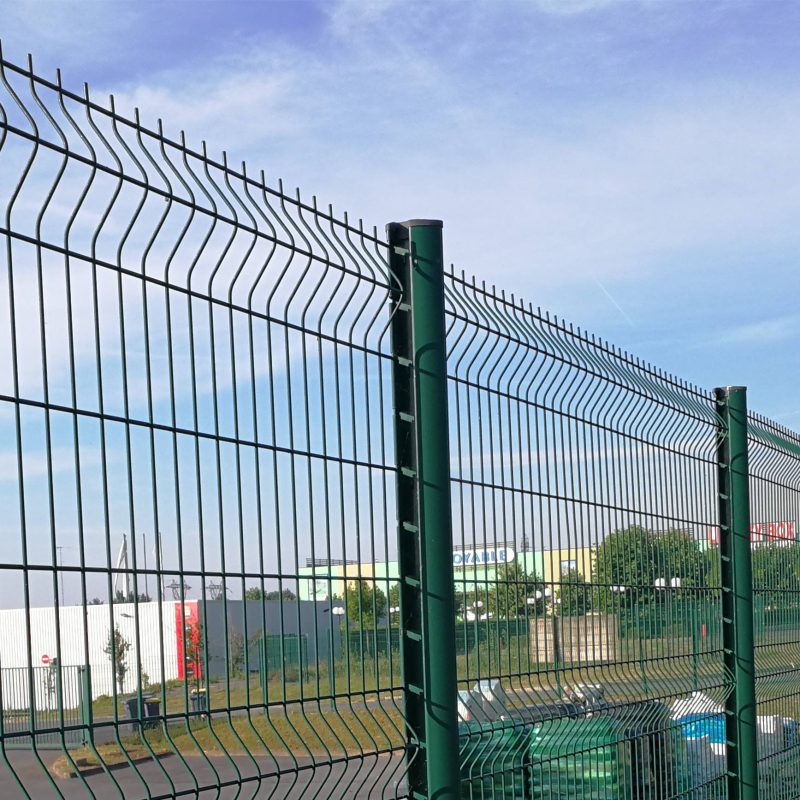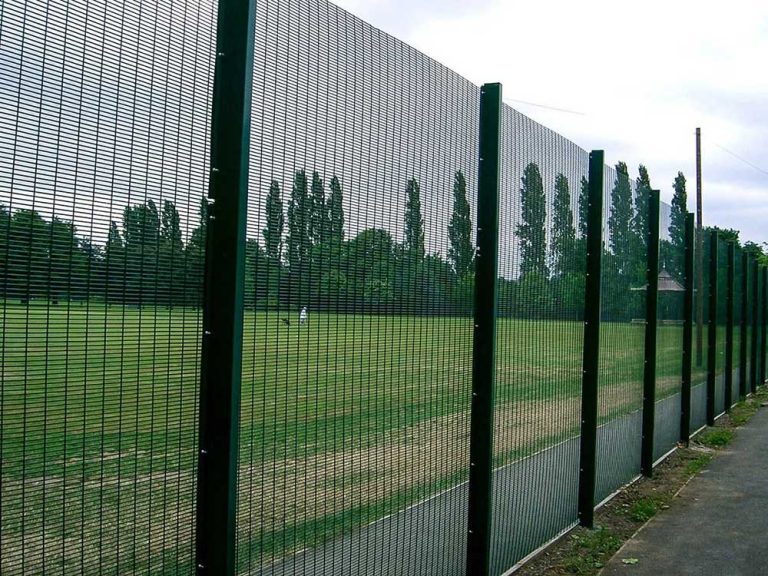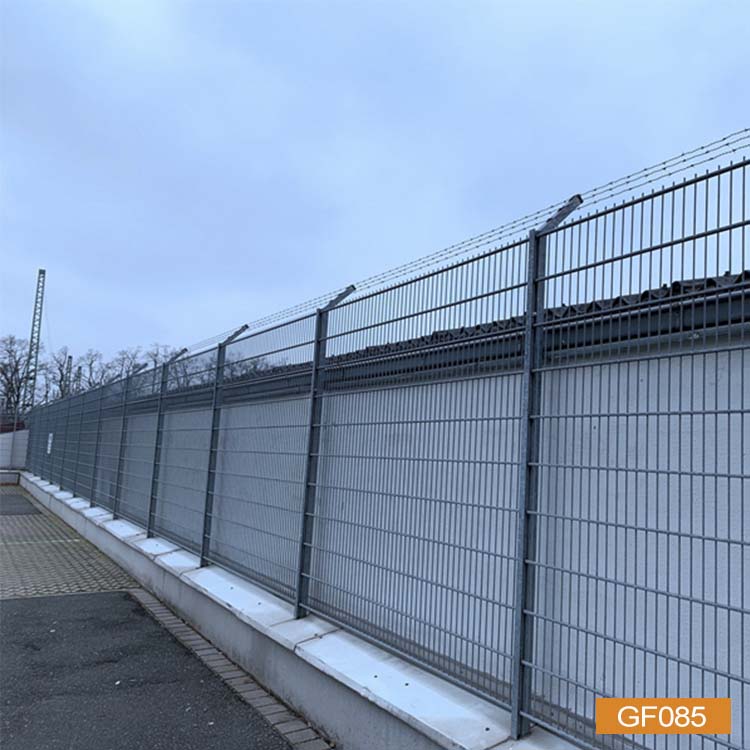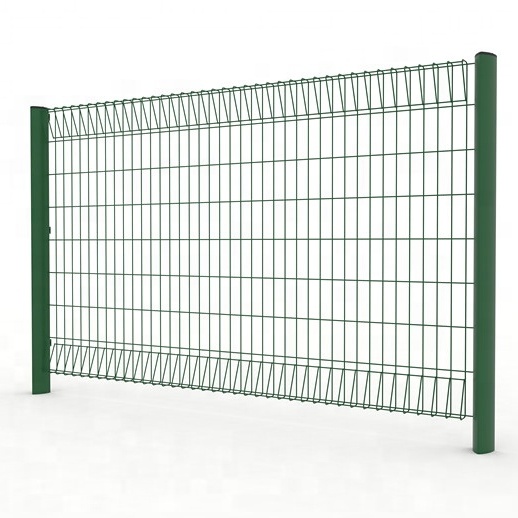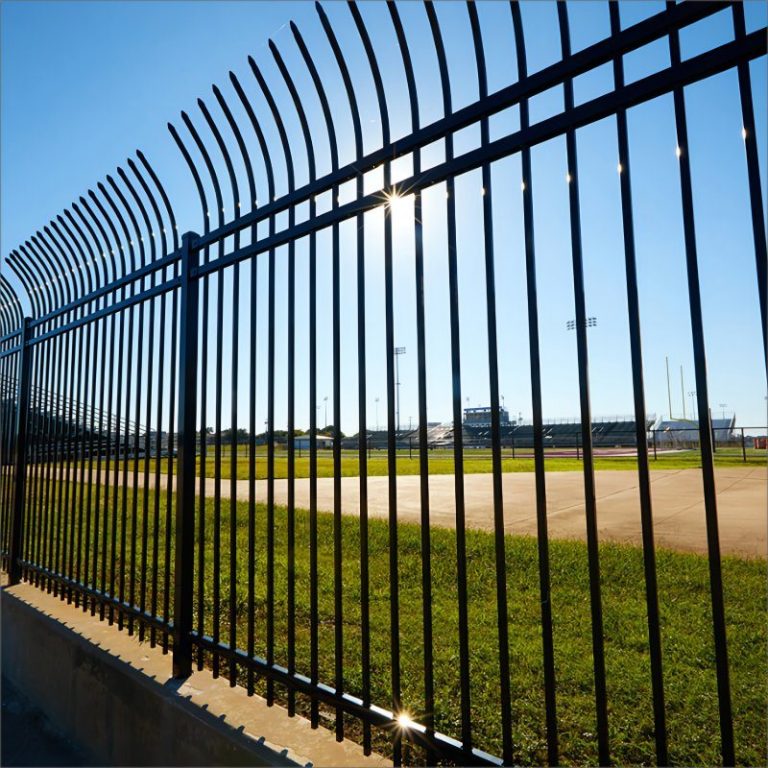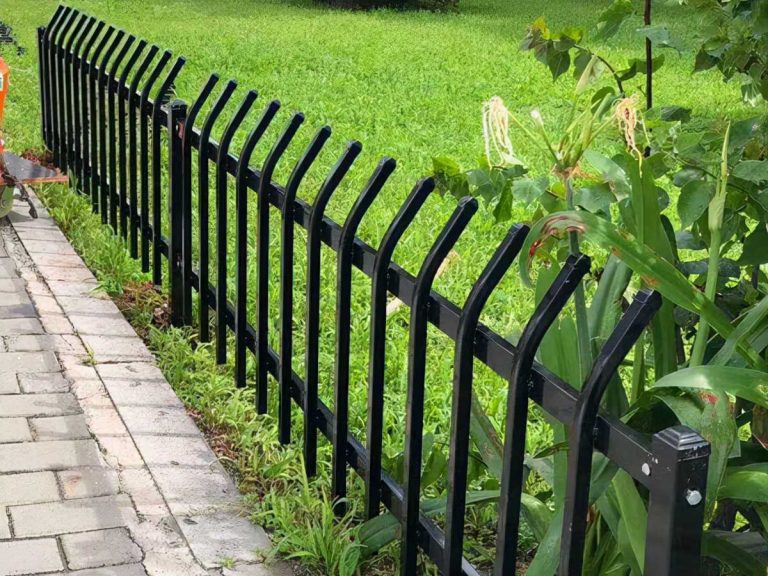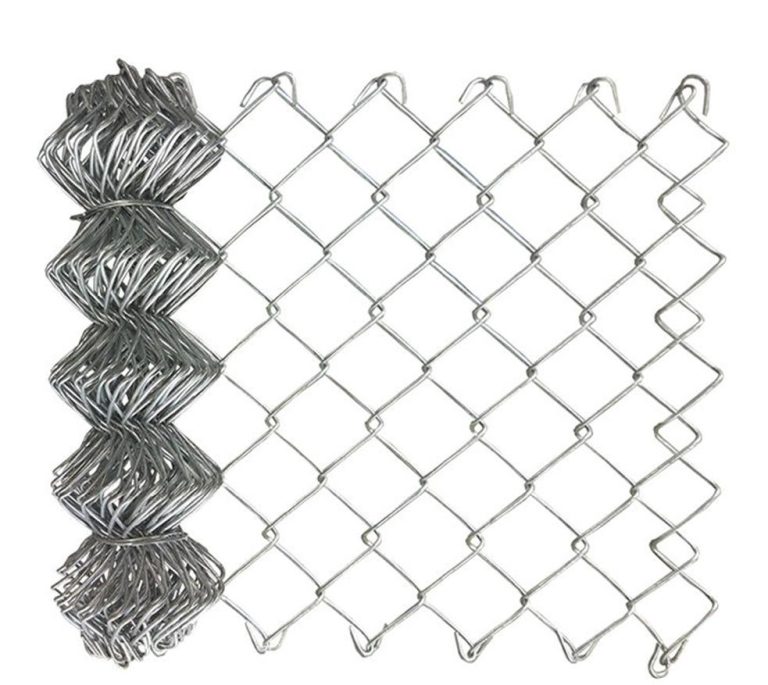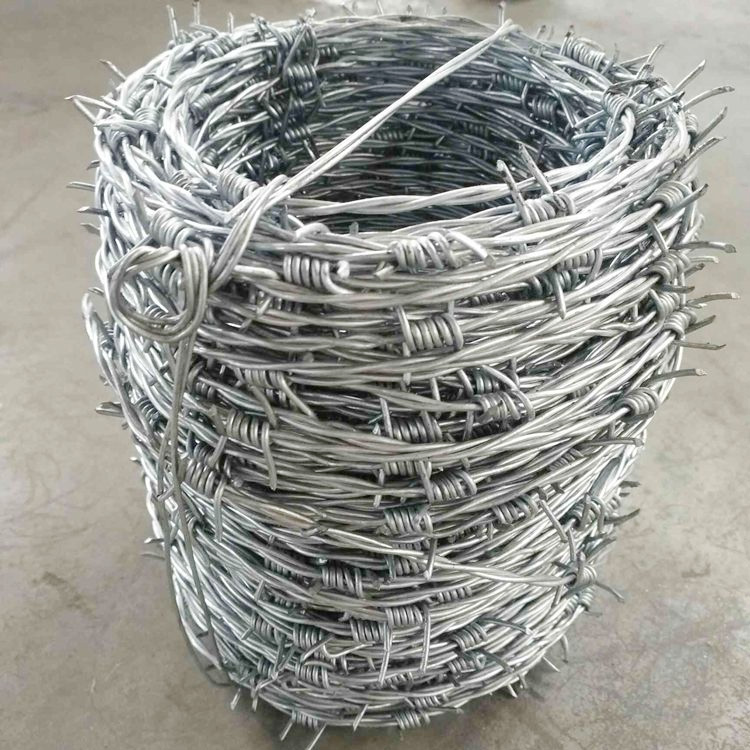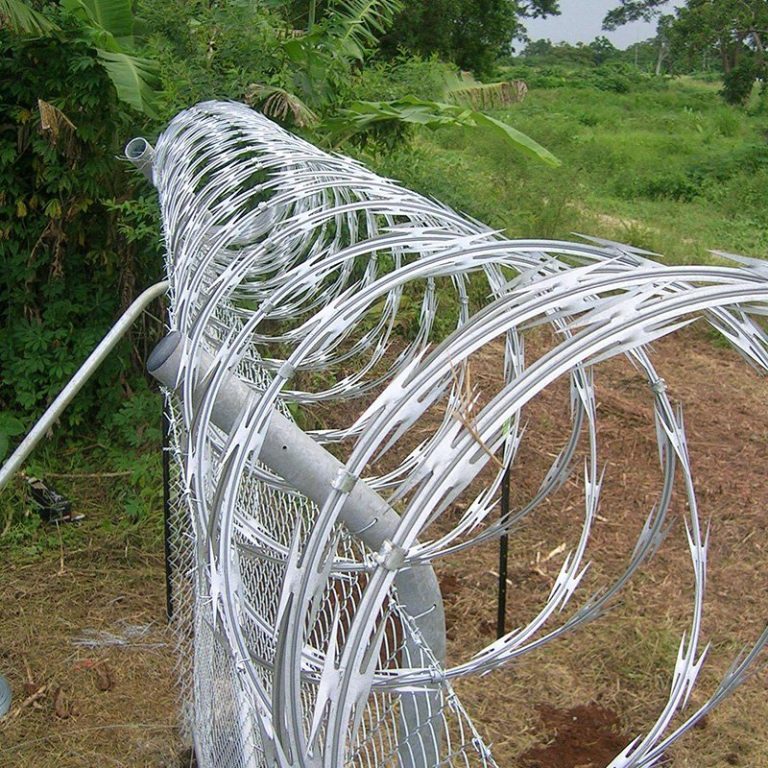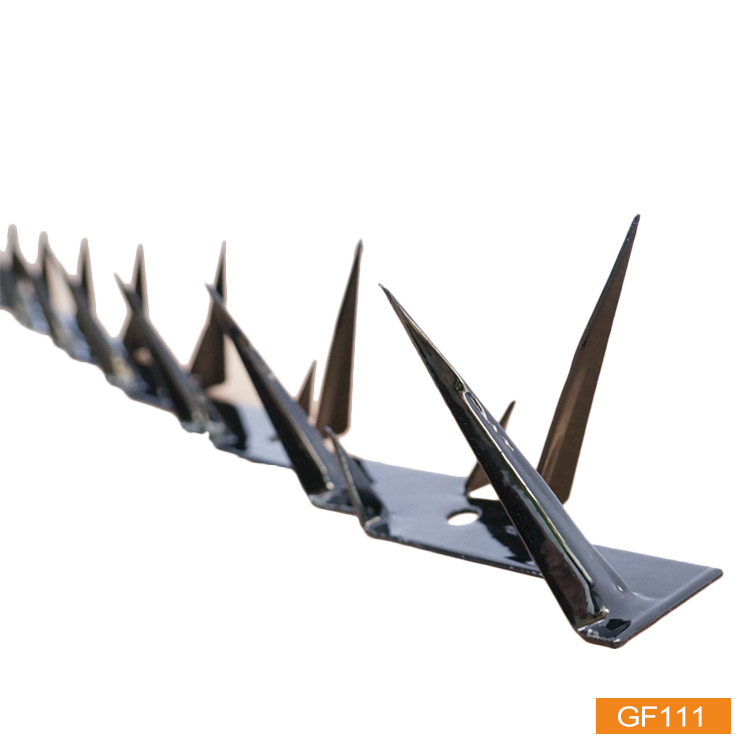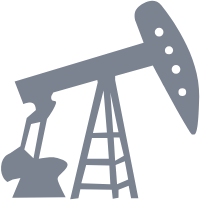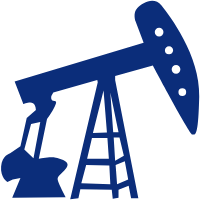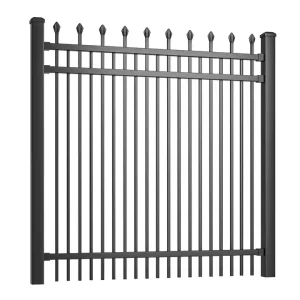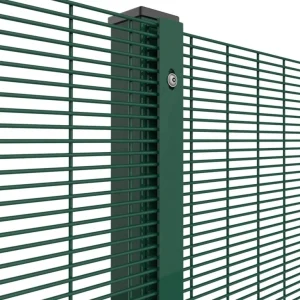Key Considerations for Fence Installation in Oil and Gas Fields
Understanding the Role of Fences in Oil and Gas Field Security
Fences are vital for protecting oil and gas fields. These sites are often in isolated locations. They need strong security measures. Fences serve as a physical shield. They block unauthorized entry, theft, and vandalism. They also keep personnel and equipment safe. Additionally, fences help meet legal standards. They mark boundaries clearly. This protects sensitive operations from outside interference. These installations face risks like trespassing and environmental threats. A sturdy fence reduces these dangers effectively.
Factors to Evaluate Before Installing Fences
Several aspects need careful thought before setting up fences in oil and gas fields. The location and landscape affect the choice of materials and style. For example, places with tough weather might need rust-proof options. Galvanized steel or PVC-coated wire mesh works well in such cases. The security level required is another key point. High-risk areas may demand features like anti-climb designs or razor wire. Budget limits also matter. So do upkeep needs and local rules. All these must be planned carefully.
Choosing the Right Fence Type for Oil and Gas Fields
Picking the best fence involves weighing usefulness against cost. Chain link fences are favored for their strength and flexibility. Meanwhile, 358 high-security fences provide top-notch defense against break-ins. Curvy welded fences blend looks with sturdiness. They suit less critical spots in the field. The choice depends on the site’s specific demands. Think about visibility, ease of setup, and long-term care.
Types of Fences Suitable for Oil and Gas Fields
Chain Link Fences: Features and Benefits
Chain link fences are also called diamond-shaped nets or hook flower nets. They are common in industrial settings. Their adaptability and toughness make them stand out. They use galvanized or PVC-coated steel wire. The wire is woven into a diamond shape. This design ensures they last, even in rough weather. These fences allow clear visibility. At the same time, they form a solid boundary for oil and gas fields. Their resistance to rust suits them for long-term outdoor use.
Chain link fences offer customization. You can add barbed wire or privacy slats. This boosts security or improves appearance. Plus, they are easy to install. This makes them affordable for both short-term and lasting needs.
358 High-Security Fences: Applications and Advantages
358 anti-climb fences get their name from their size: 3” × 0.5” × 8 gauge. They are built for high-risk places like prisons, airports, and industrial zones—including oil and gas fields. Their tight mesh stops climbing or cutting. Yet, they still allow good sightlines for watching the area.
These fences are made from strong steel wires. The wires are welded into firm panels. This creates a tough barrier against intruders. You can top them with concertina razor wire for extra protection. Despite their strength, they look neat. They fit well into different settings.
Curvy Welded Fences: Characteristics and Use Cases
Curvy welded fences have a special look. They feature triangle-shaped bends along the mesh. This adds strength and style. They work where both function and appearance count.
These fences use galvanized steel wires. The wires are welded and then coated with PVC or other protective layers. This stops rust and wear. They are light but strong. This makes them easy to move and set up. They hold up well without losing performance.
Curvy welded fences mark boundaries in oil fields. They suit spots needing moderate security. They don’t block views much. Their low upkeep adds to their value in tough conditions.
Enhancing Security with Proper Fence Installation Techniques
The Role of Barbed Wire and Razor Wire in Fence Security
Barbed wire and razor wire boost fence protection. They are key in risky areas like oil and gas fields. These tools scare off intruders. They add a strong layer of defense. Razor barbed wire is also known as blade barbed wire or blade barbed net. It’s a modern protective option. Its sharp edges look threatening. They work well to stop break-ins. Blade stabbing ropes are attractive, affordable, and effective. They resist tampering and are easy to install. This makes them great for industrial sites like oil fields.
Barbed wire also improves basic fences. It makes climbing or cutting harder. Both can pair with chain link fences or 358 high-security fences. This forms a solid defense system. They last long and handle harsh weather. This ensures reliable security over time.
Best Practices for Installing High-Security Fences
Installing high-security fences takes careful steps. These tips ensure they work well and last:
- Material Choice: Pick durable, rust-resistant options. Galvanized steel or PVC-coated wire mesh handles tough conditions.
- Strong Base: Set posts deep in the ground. This keeps them steady over time.
- Added Features: Use barbed wire, razor wire, or anti-climb designs like 358 fences.
- Expert Setup: Hire skilled workers. AnPing JiaHui Wire Mesh Co., LTD offers know-how here.
- Legal Checks: Follow local rules to avoid trouble.
These steps maximize protection. They also cut down on future fixes.
Addressing Challenges in Fence Installation Over Difficult Terrain
Putting up fences on rough ground brings challenges. Oil and gas fields often have rocky, sloped, or wet land. Flexibility is crucial.
- Adjustable Designs: Use chain link fences. They adapt to uneven heights without breaking.
- Special Tools: Employ machines built for tough land. This ensures accuracy and eases work.
- Firm Anchors: Use strong anchoring methods. This steadies fences on shaky soil.
- Eco-Friendly Picks: Choose materials that limit harm to nature. They must still be tough.
- Expert Help: Work with pros who know tricky setups. They spot risks and find answers.
Maintenance and Longevity of Oil and Gas Field Fences
Regular Inspection Tips to Ensure Fence Integrity
Checking fences often keeps them strong. This spots issues early. Here’s what to do:
- Look at posts for rust or wobbling.
- Check wires for cuts, drooping, or gaps.
- Watch for storm or heat damage.
- Ensure barbed wire stays in place and works.
- Clear plants growing near the fence. They can harm it.
Keeping records helps fix problems fast. It tracks fence health over time.
Repairing Damaged Sections for Continuous Protection
Fixing broken parts quickly keeps security solid:
- Swap out snapped wires or panels with matching materials.
- Strengthen weak posts with extra braces.
- Clean rust and add protective layers.
- Update old parts with options like PVC-coated chain link mesh. This lasts longer.
Hiring pros ensures quick, strong repairs.
Preventive Measures to Extend Fence Lifespan
Stopping problems early stretches fence life:
- Rust Proofing: Use galvanization or powder coating. This shields metal from corrosion.
- Routine Cleaning: Clear dirt, debris, and plants. This avoids damage.
- Seasonal Care: Adjust upkeep for weather changes. Brace fences before winter.
- Tech Upgrades: Add tools like cameras to fences. This boosts their use.
- Pro Plans: Team up with experts. They tailor care to your needs.
Frequently Asked Questions
- What fences work best for oil fields?
Chain link fences and 358 high-security fences are top picks. They’re tough and handle harsh settings. - How can I make fences more secure?
Add razor wire or anti-climb features. These stop intruders well. - Are there green options?
Yes, PVC-coated wires harm nature less. They still perform strong. - What do I check during inspections?
Look for rusted posts, broken wires, loose parts, and weather wear.
For more on custom fencing—AnPing JiaHui Wire Mesh Co., LTD makes all kinds, including Temporary Welded Mesh Fencing. Reach out today!

